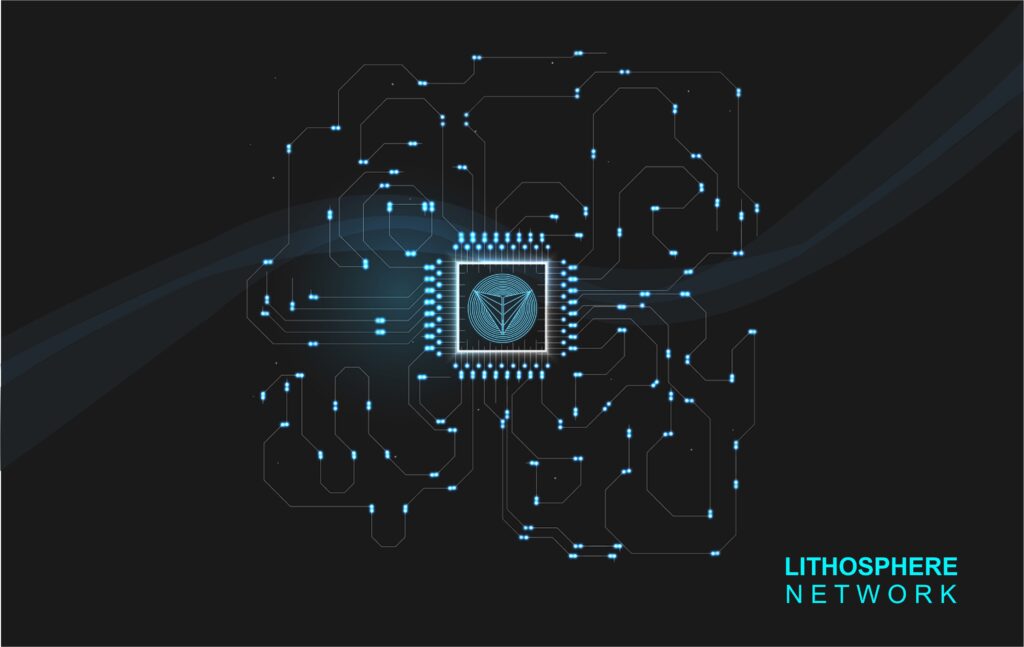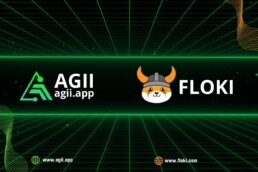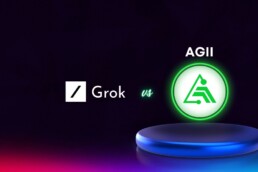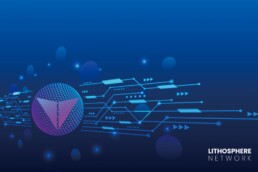For the first time in blockchain, Lithosphere will implement DNNs to make smart contracts intelligent.
What are Neural Networks?
A neural network is a collection of interconnected nodes or artificial neurons that are designed to mimic the structure of the human brain. These networks can learn and improve over time by adjusting the strength of connections between neurons.
Deep neural networks, also known as deep learning models, are a type of neural network that includes multiple layers of neurons, allowing for more complex representations of data. DNNs are capable of handling a vast amount of data and can identify patterns and relationships that would be difficult for humans to detect.
How Deep Neural Networks (DNNs) Work
Deep neural networks consist of several layers of artificial neurons that process data inputs, such as images or text, and output predictions or classifications. Each layer performs a different function in the learning process, with the output of one layer serving as the input for the next.
During training, the weights and biases of the neurons in each layer are adjusted to minimize the error between the predicted output and the actual output. This process, known as backpropagation, allows the network to learn from its mistakes and improve its accuracy over time.

Applications of Deep Neural Networks
Deep neural networks have many applications in various fields. Some notable examples include:
- Computer Vision: DNNs are used in facial recognition, object detection, and image segmentation, among other applications.
- Natural Language Processing: DNNs are used in language translation, sentiment analysis, and speech recognition.
- Robotics: DNNs are used to enable robots to learn from experience and adapt to new situations.
- Finance: DNNs are used in stock market prediction, fraud detection, and credit risk analysis.
Lithosphere Network DNNs
Lithosphere’s Lead researcher, Dr. David Yang PhD, proposed Deep neural networks (DNNs) for LITHO smart contracts. DNNs are very useful in blockchain applications such as DeFi. However, training / running large-scale DNNs as part of a smart contract is infeasible on today’s blockchain platforms, due to two fundamental design issues of these platforms. First, blockchains nowadays typically require that each node maintain the complete world state at any time, meaning that the node must execute all transactions in every block. This is prohibitively expensive for computationally intensive smart contracts involving DNNs. Second, existing blockchain platforms expect smart contract transactions to have deterministic, reproducible results and effects. In contrast, DNN is usually trained / run lock-free on massively parallel computing devices such as GPUs, TPUs, and/or computing clusters, which often do not yield deterministic results.
For the first time in smart contracts, Lithosphere plans to implement DNN to make smart contracts intelligent by incorporating large-scale deep neural networks (DNNs) into the code, which has numerous potential applications. For instance, in decentralized finance (DeFi), a DNN might help detect abnormal token price movements, which could be part of a flash-loan attack. A decentralized autonomous organization (DAO) might trade tokens automatically with a DNN trained continually through reinforcement learning. A content creator might apply a generative adversarial network (GAN) to generate visual art images, and subsequently tokenize them as non-fungible tokens (NFTs) tradable on a decentralized exchange like Ego DEX.



